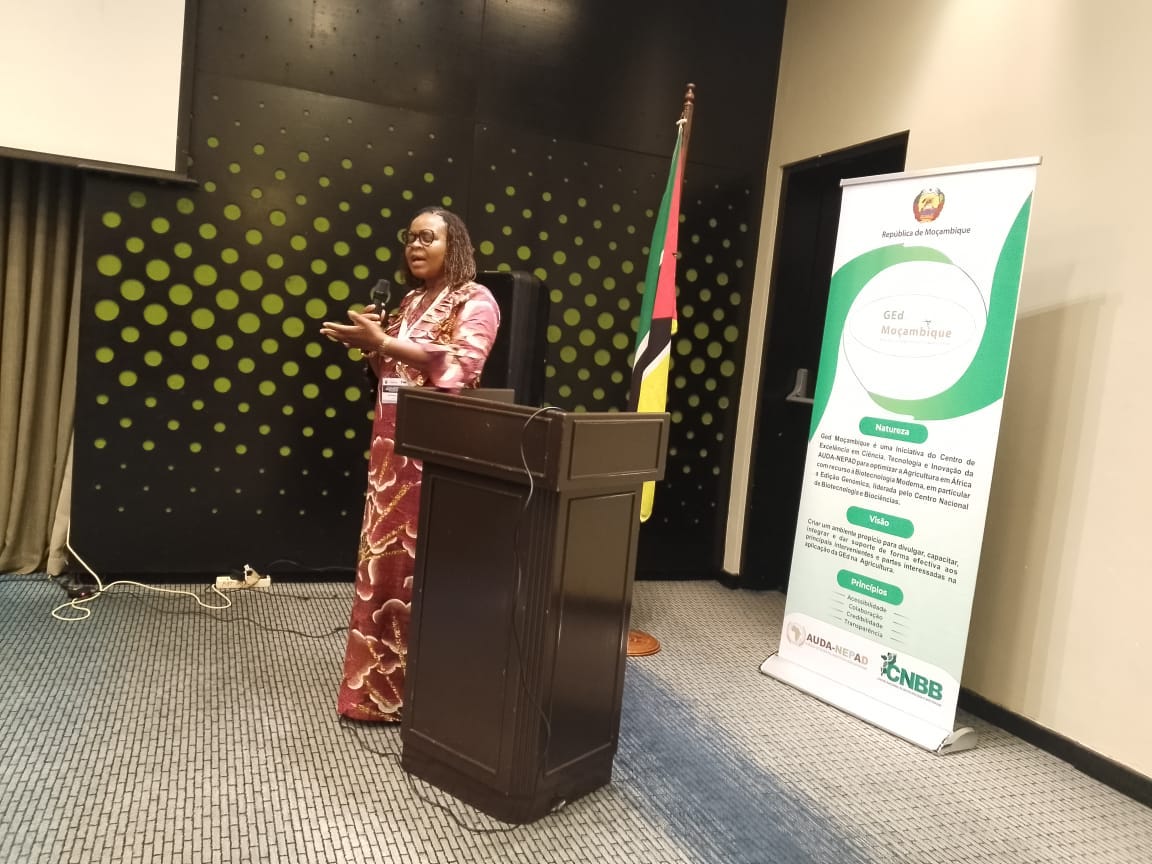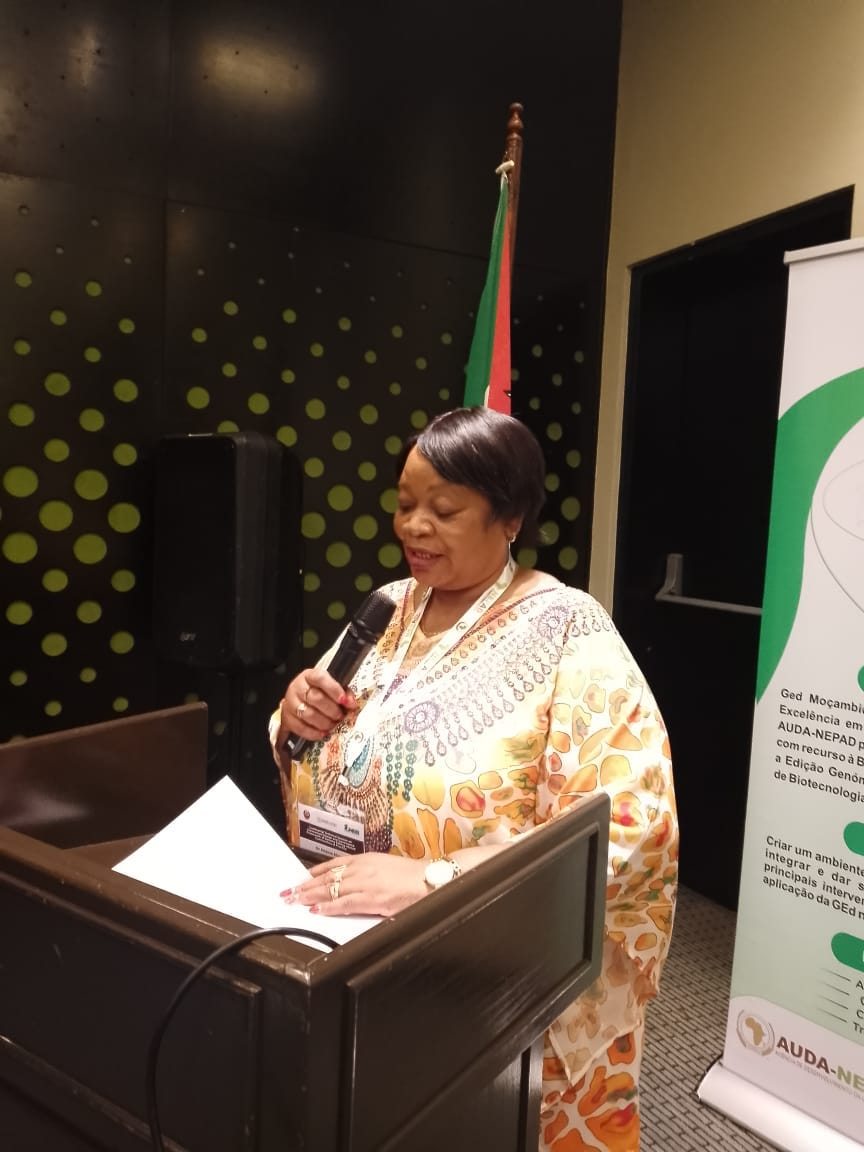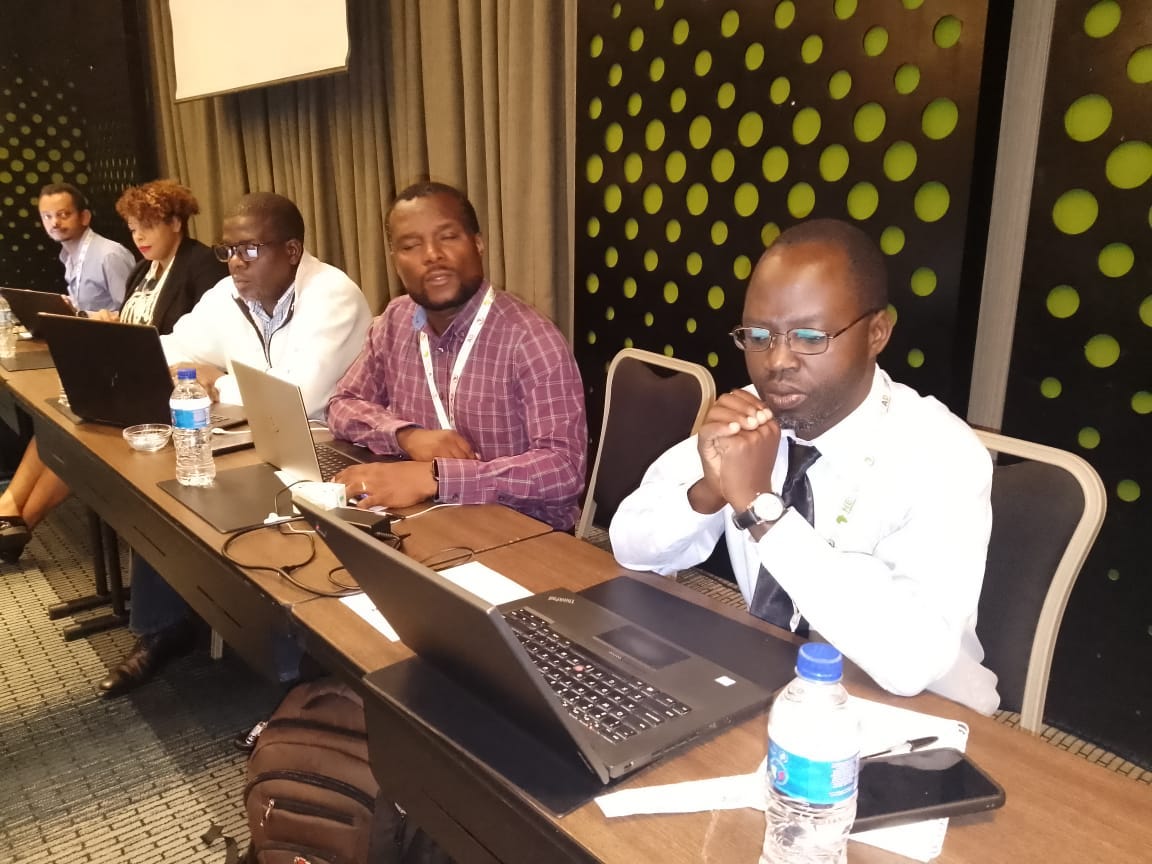African Leaders Forge Path for Genome Editing Governance
The session, hosted by Mozambique's biotechnology center, follows previous efforts by eight participating nations to develop advocacy strategies and training materials on the technology.
MAPUTO, Mozambique - African leaders are working to establish a harmonized framework for collaborative communities to drive responsible development and adoption of genome editing technology across the continent, writes Winston Mwale.
Speaking on Thursday at the opening of a two-day technical session in Maputo, Florence Nazare, head of the African Union Development Agency (AUDA-NEPAD) science and innovation center, emphasized the importance of African ownership and expertise.
"We have to ensure that we have biosafety in place" as Africa takes "advantage of emerging technologies," Nazare said.
"We are in charge of making sure that there's cutting-edge science in Africa."
She stressed the need to "connect African expertise to resolve and solve African problems" through "systematic and structured" knowledge-sharing via communities of practice tailored to each nation's priorities.
"If you look at Ethiopia, their theme is science for industry. So it's targeted. So everything, you're looking at translative science," Nazare said, highlighting varied national approaches.
The official welcomed participants from Burkina Faso after visa issues previously limited their involvement.
She urged open engagement between countries "to offer that space for peer review, for learning, for interrogation of ideas, and to advance our own national development."
The Continental Technical Session aims to design the composition, governance structure, and operational procedures for communities focused on genome editing.
Initial documents are "thought pieces" open for revision to ensure local ownership, Nazare said.
"We want to make sure that we have base documents that are fully owned by the lead agencies and lead experts," she stated.
Nazare also emphasized empowering Africa's youth as future leaders, saying "we need to have a continuous chain where the old ones come to play advisory roles and we have more active brains."
The session, hosted by Mozambique's biotechnology center, follows previous efforts by eight participating nations to develop advocacy strategies and training materials on the technology.
"Mozambique is honored of hosting this important working session...that aims to collectively develop an agreed and harmonized design of the genome editing-related community of practice with an accompanying governance framework," said Prof. Alsacia Atanasio, director of Mozambique's National Center for Biotechnology and Biosciences, in her opening remarks.
The two-day meeting follows previous efforts by eight participating countries - Burkina Faso, Cameroon, Ethiopia, Ghana, Kenya, Mozambique, Nigeria and Uganda - to develop national advocacy strategies and training materials on the technology.
"It should be noted that...AUDA-NEPAD brought together a group of experts to develop materials for training courses on genome editing, which culminated in...four modules," Atanasio said, referring to the African Union development agency leading the initiative.
She expressed hope that "the interactive sessions and activities...will contribute towards the building and consolidation of communities of practice for a systematic sharing of knowledge and experiences while fostering the generation of new knowledge on genome editing."
Atanasio welcomed representatives from the organizing AUDA-NEPAD Center of Excellence in Science, Technology and Innovation, lead agencies, and experts.
The aim is to design governance policies enabling self-sustaining national and continental communities focused on responsible development and commercialization of genome-editing products and applications.
"Before the adoption of the technology, there is a need for greater dissemination of information to all interested parties to build awareness," she said of Mozambique's approach, underscoring the importance of the initiative.
Participants will spend the next two days drafting harmonized structures, operational procedures and a joint framework to guide collaborative advancement of the emerging biotechnology across Africa.







